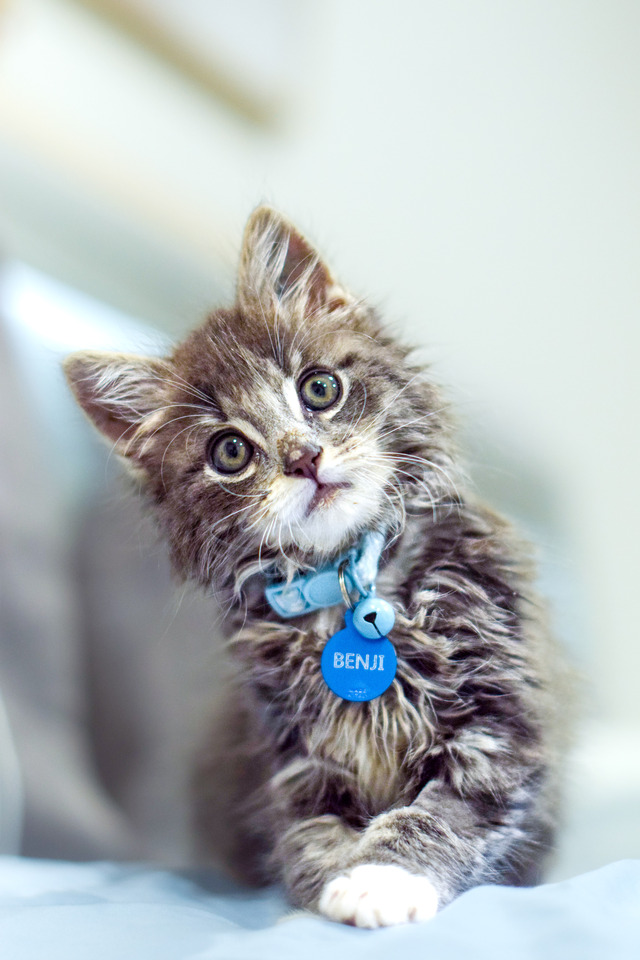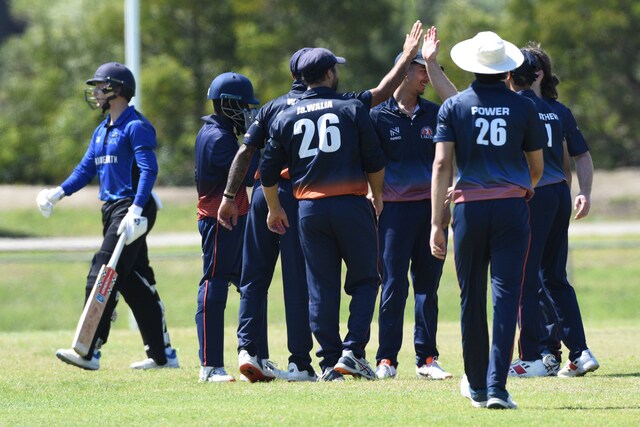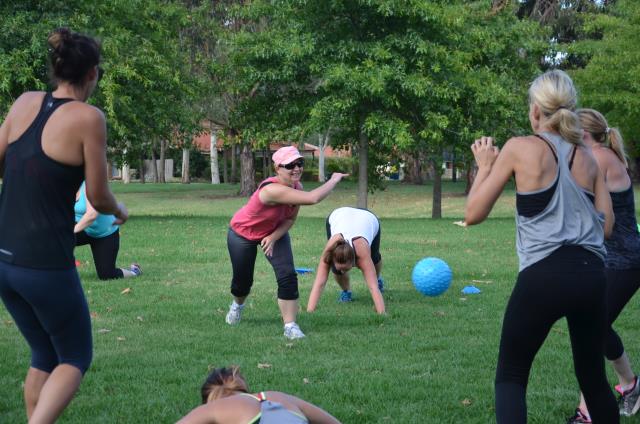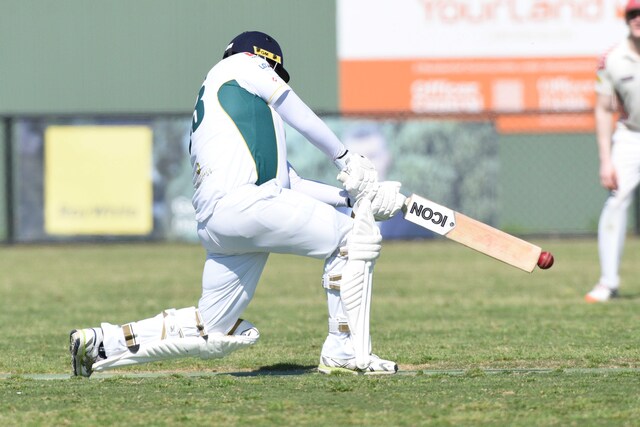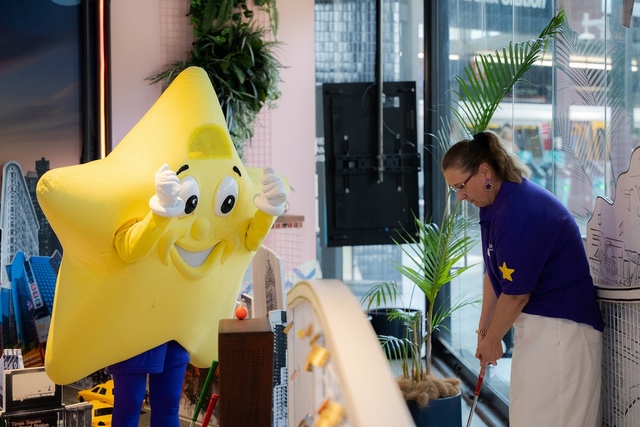 Berwick’s Kersti Sprigg will be guest speaking at the annual Golden Hour Ball on Friday in an effort to raise the awareness of trauma. 20668
Berwick’s Kersti Sprigg will be guest speaking at the annual Golden Hour Ball on Friday in an effort to raise the awareness of trauma. 20668
By Kelly Yates
A BERWICK woman will be telling her story publicly for the first at the annual Golden Hour Ball tomorrow (Friday) after spending seven to eight hours in the trauma unit at The Alfred hospital.
Kersti Sprigg will take centre stage at the Peninsula Central Pier in the Docklands to speak to an audience of about 500 in an effort to raise awareness of trauma and its life-changing effects.
The 23-year-old was in a car crash on 25 February and was airlifted to The Alfred.
She sustained facial fractures, dental damage, facial burns, a knee injury, wounds to her lip and fractured two ribs.
Ms Sprigg’s world took a dramatic turn when a routine caffeine fix on the way to work quickly turned into a life-changing experience.
“I don’t stop for coffee any more. Now I just drive straight to work,” she said.
Ms Sprigg said no words could describe the physical and emotional pain.
“While I was in the car I kept thinking I would never see my mum and dad again,” she said.
Ms Sprigg underwent plastic surgery on her face and legs and now attends physiotherapy sessions twice a week.
To combat the impact that trauma inflicts on victims and their families, a group called Life Support was created at The Alfred.
The committee of young people hold events such as the Golden Hour Ball to raise awareness and funds to improve trauma care for Australians.
Through the efforts of Life Support, more than $400,000 has been raised to purchase life-saving equipment and to support trauma research.
Ms Sprigg said she felt honoured to be invited to speak at the event.
“I hope my story inspires others to give generously to The Alfred. Without their skills and abilities I may not have been here to tell my tale,” she said.
Ms Sprigg would like to thank the team at The Alfred and her family and friends, including Ashley Jackson, Helena McCoulough, Michele Searle and Bernadette Cross, for all of their ongoing support.
In 2006 and 2007, 1150 major trauma patients were admitted to The Alfred.
This was a 22 per cent increase in major trauma patients compared to 2005 and 2006 figures.
The Golden Hour Ball is named after the golden hour, which is a vital period with serious trauma cases.
This critical period lasts for 60 minutes and is when the body goes into survival mode.
During this time, the body compensates for the trauma it has experienced and if emergency treatment can begin, it can mean the difference between life and death.

